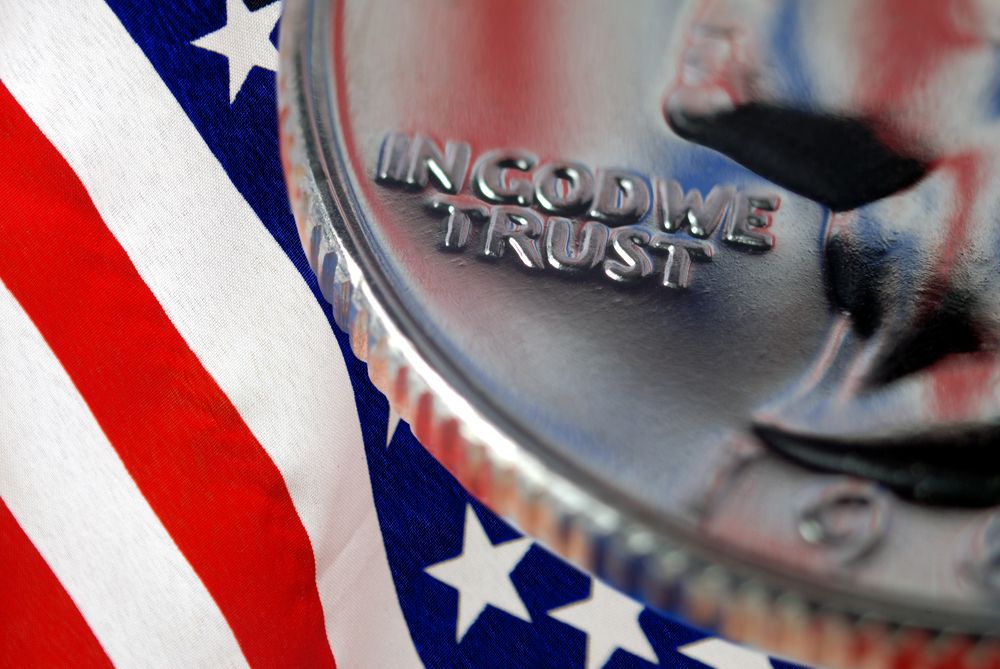What Your Vote Is Worth to Presidential Campaigns

If you're a mom with kids who will be voting in her first presidential election, you are likely to be inundated with online campaign ads from both parties over the next week.
Online tracking has reached unprecedented levels of sophistication, according to new research from Abine, an Internet security company. For the first time, campaigns are combining both real-time tracking and offline data records to identify the most "influenceable" voters, Sarah Downey, Abine privacy analyst, told TechNewsDaily.
"Campaigns will spend 30 percent more on ads to reach those they've identified as ‘influenceable,’" Downey said. The company has launched its 2012 Presidential Election Val-You Calculator that shows how much money a vote is worth to the presidential campaigns.
Moms who are active on Facebook, have kids who have reached voting age over the past four years and who read a lot of news are prime targets. Campaigns believe that young voters are the most easily swayed of any group and will be most influenced by their mothers — an assumption that will be put to the test next Tuesday.
"The average advertising spend for a single vote is $22, but the top range is around $50, and can go much higher," Downey said.
What your vote is worth
Vote value is based on a number of factors, including the state you live in (battleground states such as Ohio, Florida and North Carolina are big targets), your voting history and campaign donations (a matter of public record), whether you're male or female (women’s votes are worth a few bucks more than men), how many Facebook friends you have and the amount of news you read online.
Sign up for the Live Science daily newsletter now
Get the world’s most fascinating discoveries delivered straight to your inbox.
"Our calculation gives a big bonus for having lots of friends on Facebook who vote, and only a small bump for lots of friends that don't vote because you'll annoy them with political posts," she said. Downey referenced an Annenberg Center poll that found 85 percent of Americans are annoyed by paid political ads on Facebook, but respond positively to endorsements made by friends. However, other studies show that even friends can cross the line when it comes to politics on Facebook.
READ MORE: Facebook Political Rants Lead to Rash of Pre-Election 'Unfriending'
Compared with other types of sites, news sites use more online trackers, and that data is frequently sold to campaigns, Downey said. Further, companies can easily see the state you're logging in from based on your computer's IP address.
Using all this data, campaigns can easily identify the most important voters and swamp them with targeted ads. "The more you give them, the more they want to know," she said."If you're tracked as an influenceable voter, campaigns are three to five times more likely to track you."
Private browsing not enough
You can stop companies from tracking you online, but it's not as simple as using your Internet browser’s private browsing mode, a function you can turn on in your settings to prevent the pages you visit from being recorded in your browser history.
"Private browsing mode won't do anything to prevent tracking — it's a major misconception that people have," Downey said. Using your browser’s private browsing mode prevents users on a single device from seeing the browsing history of a previous user, but doesn't have any effect on online trackers. Information, such as the pages you read, the things you "like" to Facebook and the ads you click, is still being recorded and sold to help campaigns and other online companies show you ads.
If you'd like to reduce the number of campaign messages you see running up to Election Day, you can install a do-not-track mechanism in your browser and take additional steps.
READ MORE: 4 Steps to Stop Sites from Tracking You
There are several free blockers to choose from: Abine's free Do Not Track Plus, Ad Block Plus with easy privacy option and AVG Do Not Track. Most add-ons work with Macs and PCs in Chrome, Internet Explorer, Firefox and Safari browsers.
This story was provided by TechNewsDaily, sister site to LiveScience.











